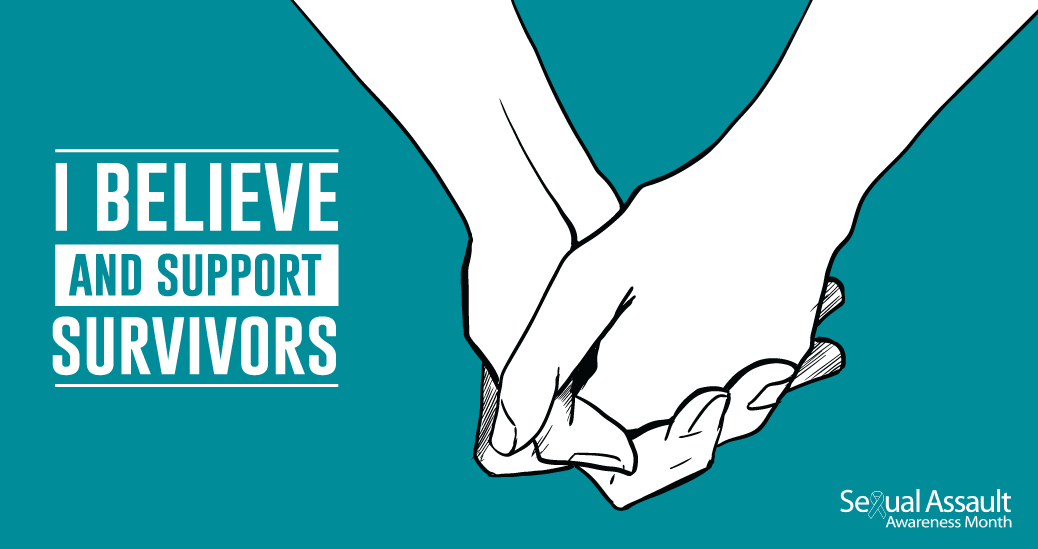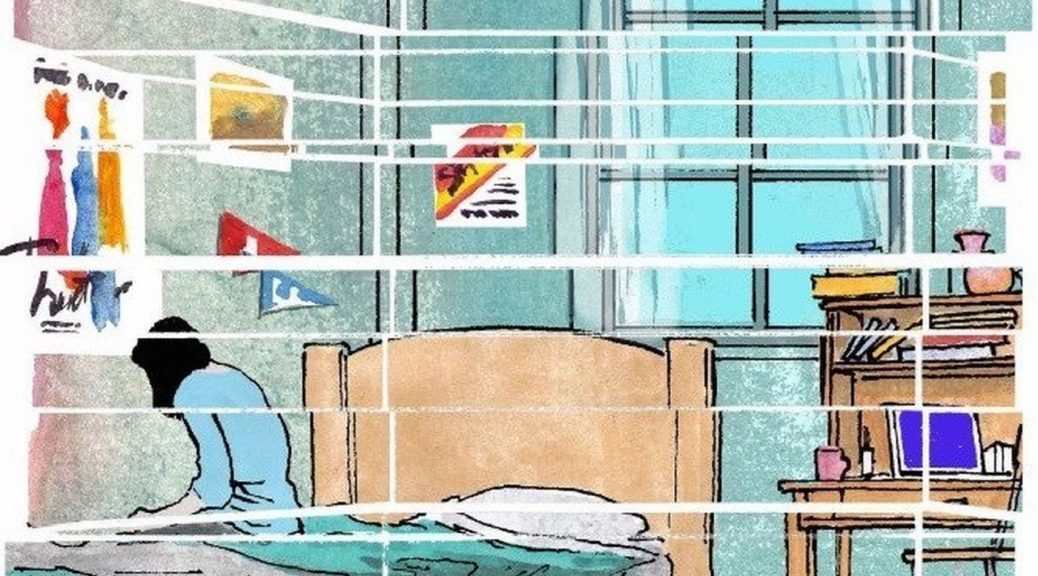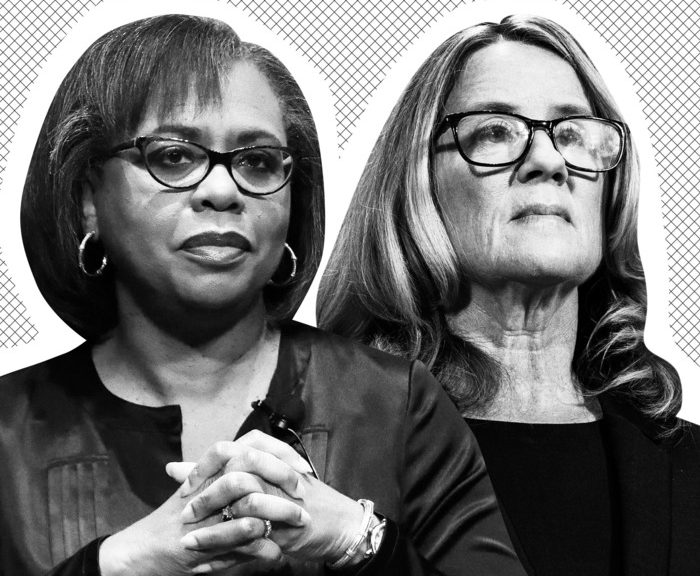Why Our Current Interventions May Be Worsening The Problem
By Lul Mohamud
We know college has much more to offer its students than what’s displayed on brochures and websites. Behind their advertisements lies the worst kept secret on America’s college campuses: sexual assault. Sexual violence has not ever been a feature colleges or universities are eager to discuss – and there’s yet to be a school that steps up to become the exception. And waiting any longer will not solve our problem.
On every college website you’ll find an office dedicated to the sexual assault problem, and a few clicks away awaits a bystander program. Bystander interventions remain the weapon of choice utilized by administrators in the battle against sexual assault. Colleges across the United States have been rewording the same message of stepping up to protect your fellow student. This may be an effective effort from an ethical standpoint, but it is not a practical one. However, it has served as an effective mouthpiece to protect these institutions from accusations of an inadequate response – or from the financial or reputational consequences that would result. But this response has had a more detrimental consequence on its most burdened with the task of sexual assault prevention, their students. In the largest survey on Sexual Assault and Misconduct in 2019, the Association of American Universities found a significant increase in the rate of nonconsensual or forced sexual contact amongst all students when compared to their last climate survey in 2015. We owe it to our students to fix what’s broken, and not only readjust the bandage of an under-utilized training or sentimental PR campaign.
Yes, we all agree in common place conversation that sexual violence is wrong and should be stopped. Up to two-thirds of the American public view sexual assault and harassment as a widespread societal issue, and about 74% see this as an important problem in the United States. But no matter how comforting these findings may sound, sexual violence and misconduct remain on the rise, revealing this “we all know better” rhetoric to be a smokescreen we’ve relied on to keep from viewing the true extent of this harrowing crisis. A crisis birthed by our complacency and historic reluctance to fight at the roots of sexual violence – and keep that life-saving fight alive.
Current campus sexual assault prevention programs rely on the assumption that sexual assault is inevitable – an occupational hazard of being a student. It is time to abandon this ineffective reactionary approach that awaits assault. A proper crisis response employs eradicative and preventative measures first. As reported by the National Sexual Violence Resource Center, the extent of the American sexual violence problem desperately calls for a new approach – an action plan that addresses its pervasive, widespread, and devastating nature.
That plan must begin with accepting that at the root of sexual violence lies power. Sexual violence is a purposeful violation of physical liberty, gutting its victim of the basic right of agency over their body. And to belittle the gravity of the decision to commit sexual violence to an “indiscretion” or “lapse in judgement”, is to revoke the validity of agency over your body. We, as the American public, are guilty of minimizing the nefarious nature of sexual assault by calling it a “mistake” in defense of perpetrators, and by placing the weight of the assault on the victim. We commit the latter through our cultural colloquialisms regarding sexual assault, and more despicably through indoctrinating ourselves and our children with the belief that only those “at-risk” are responsible for mitigation – and when they are assaulted it is due to their failure to take adequate precautions.
Sexual violence is an abuse of power. Not an accident or misjudgment, but a choice that abusers have been emboldened to make. The solution needed is a strategic intervention that cuts out the decision-making process and removes sociocultural factors that lead to the choice of assault. This strategy begins with reorienting who we define as “at-risk”.
Only with a consensus that identifies those “at risk” to be the people given the choice to perpetrate sexual violence, will we begin to develop and implement successful interventions. With this method we will erode the outer layers, and gain access to the epicenter of this crisis where we then can initiate generational behavior change.
We must develop nationwide educational and accountability campaigns that focus on sexual agency, with the collective goal being to incorporate them into American culture. However, the impact of these campaigns are entirely contingent upon the inclusion of collective action against the abuse of authority and the wrongful bestowal of societal power. Speaking up and fighting against our historically institutionalized white, male, heterosexual, and class supremacies in our homes, schools, workplaces and courts will catalyze the societal change we seek.
It is a change that will alter the lives of our families, friends, and fellow strangers. But, until sexual agency is rightfully woven into the fabric of American liberty and freedom, our sexual violence crisis will no longer remain a problem to solve – but a shameful pillar of American livelihood.
Support Your local Rape Crisis Center and RAINN here.
If you’d like to contact the author, Lul Mohamud is available for comments and questions via Instagram @thelulmohamud.



